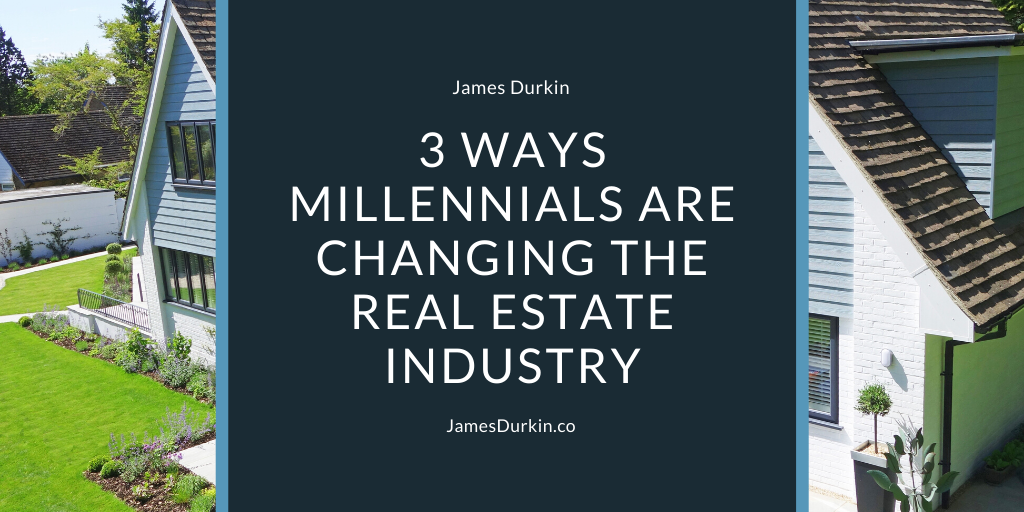Every generation has different priorities and values, many of which are the result of changing social values or significant world events. The Silent Generation grew up during the Great Depression and fought in the Great War. Both of these events had a significant impact on their values and priorities. This, in turn, shaped the values of their children, the Baby Boomers. As Millennials are coming of age and becoming one of the largest home-buying segments of the population, how they buy homes and what they are looking for is having a significant impact on the real estate market as a whole. Here are three ways Millennials are changing the real estate industry.
- They are better informed: Thanks to a growing range of online tools, even first-time Millennial homebuyers are going into the process far more educated and informed than their predecessors. On the other hand, they may also feel more educated than they actually are. This can make things either much easier or much more challenging for experienced agents. Real estate agents need to know what tools are informing their Millennial client’s home-buying decisions so they can understand how best to guide them.
- Urban still trumps suburban living: When previous generations were ready to start a family, the first thing they generally did was make a beeline for the suburbs. Millennials, however, are more likely to want to stick closer to urban areas, even as they start creating their own families. For one thing, they are not as concerned with space as their predecessors and would generally prefer a smaller, well-appointed townhome in a planned community than a sprawling mini-mansion with a three-car garage. In fact, they are more likely to prefer homes that allow them to walk almost everywhere they want to go versus needing space to store a lot of cars.
- Their priorities are different: Larger, open spaces have been trumping small, cramped spaces for some time, but millennials are also looking for smart home features and eco-friendly options as well. As a generation that could easily be called the “sharing” generation, thanks to the rise in ride-share, bike-share and other sharing services – they are also more interested in shared community spaces such as gardens, meditation rooms, or business centers.

